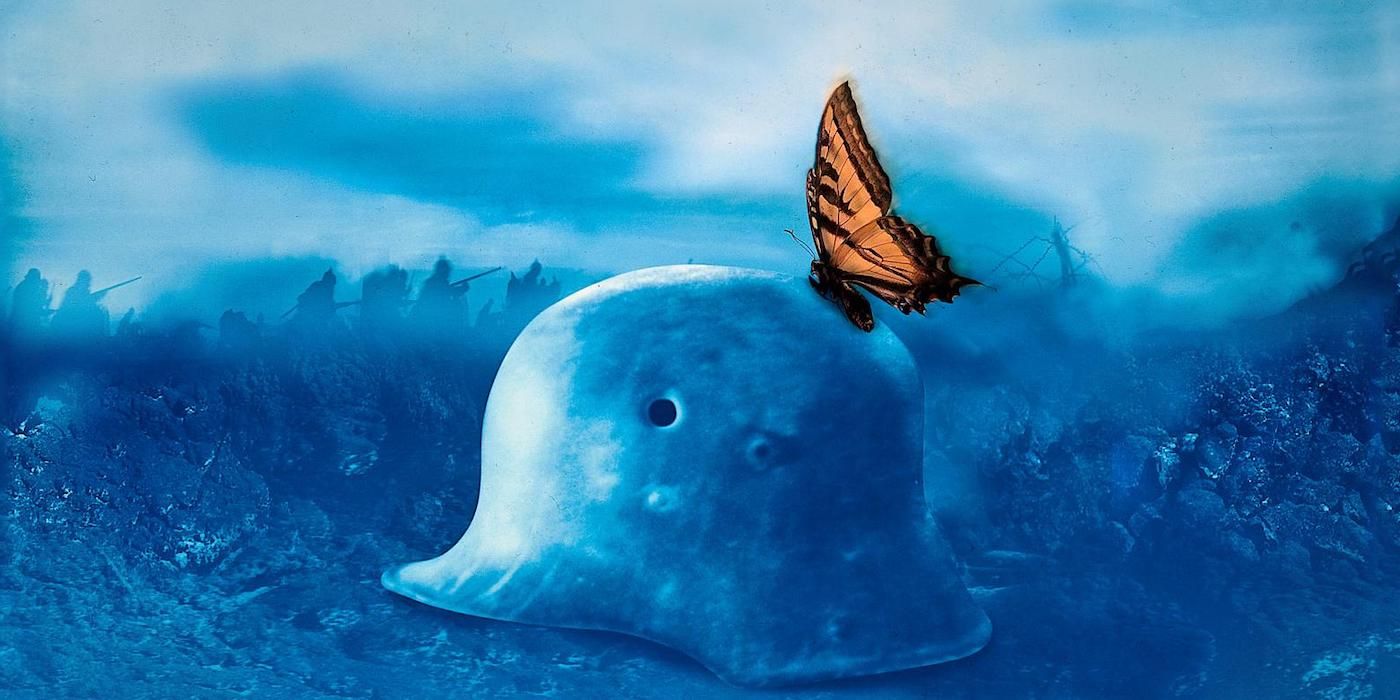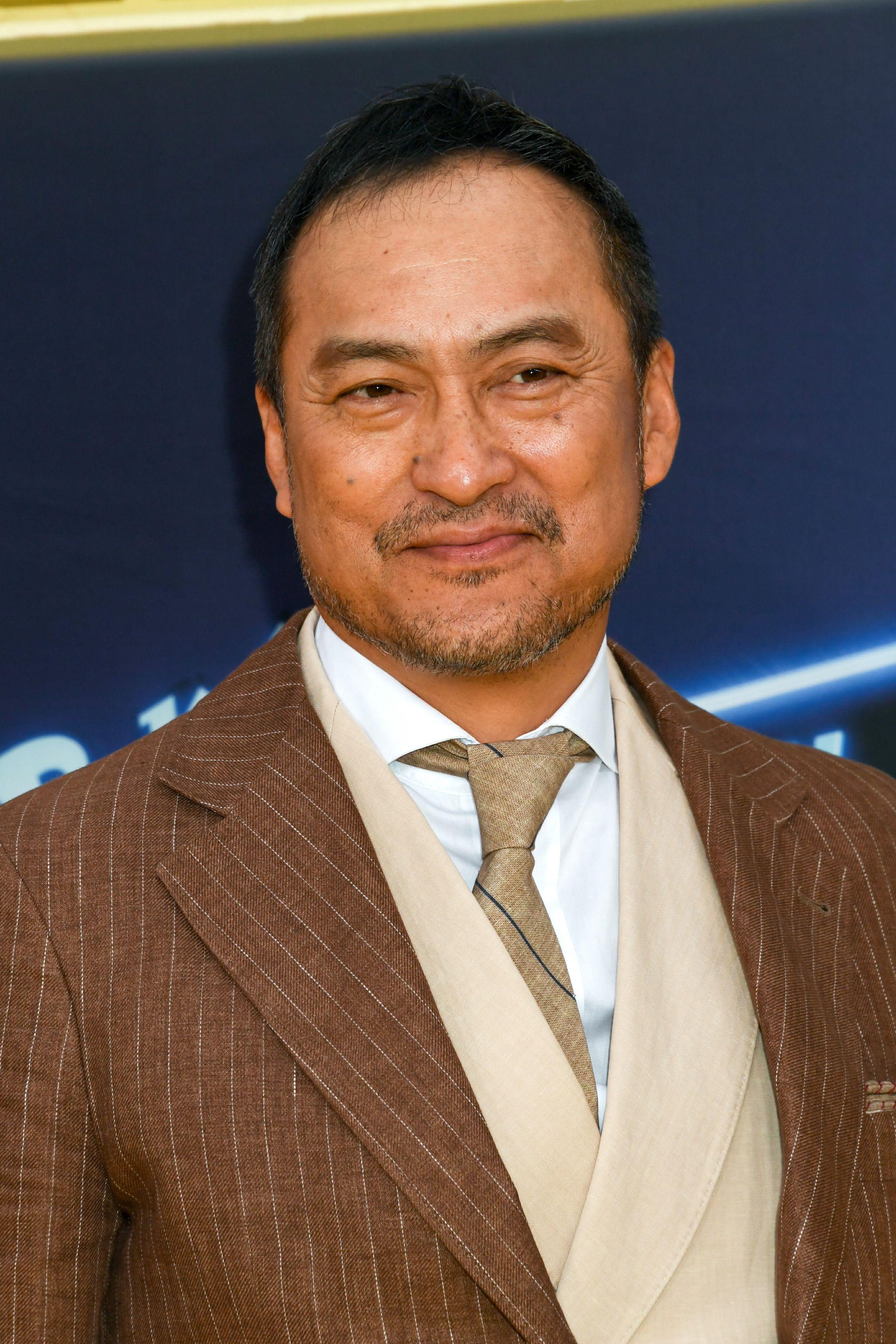War movies have long resonated with viewers as they highlight humanity’s best and worst impulses. There are war movies that spotlight the courage and sacrifice required in times of war, and there are those that highlight the fact that war always ends in tragedy for anyone who lives through conflict. War movies can provide important commentary on how the violence of these conflicts impacts individuals and society at large.
The most important movies about war offer thought-provoking reflections on the cost of war, especially on the ordinary people who find themselves caught up in it. Some movies, like Saving Private Ryan, allow audiences to reflect on the sacrifices that war requires. Other movies, like Come and See, highlight the sheer brutality of war and how it impacts everyone, soldiers and civilians alike.
10
‘Letters From Iwo Jima’ (2006)
Directed by Clint Eastwood
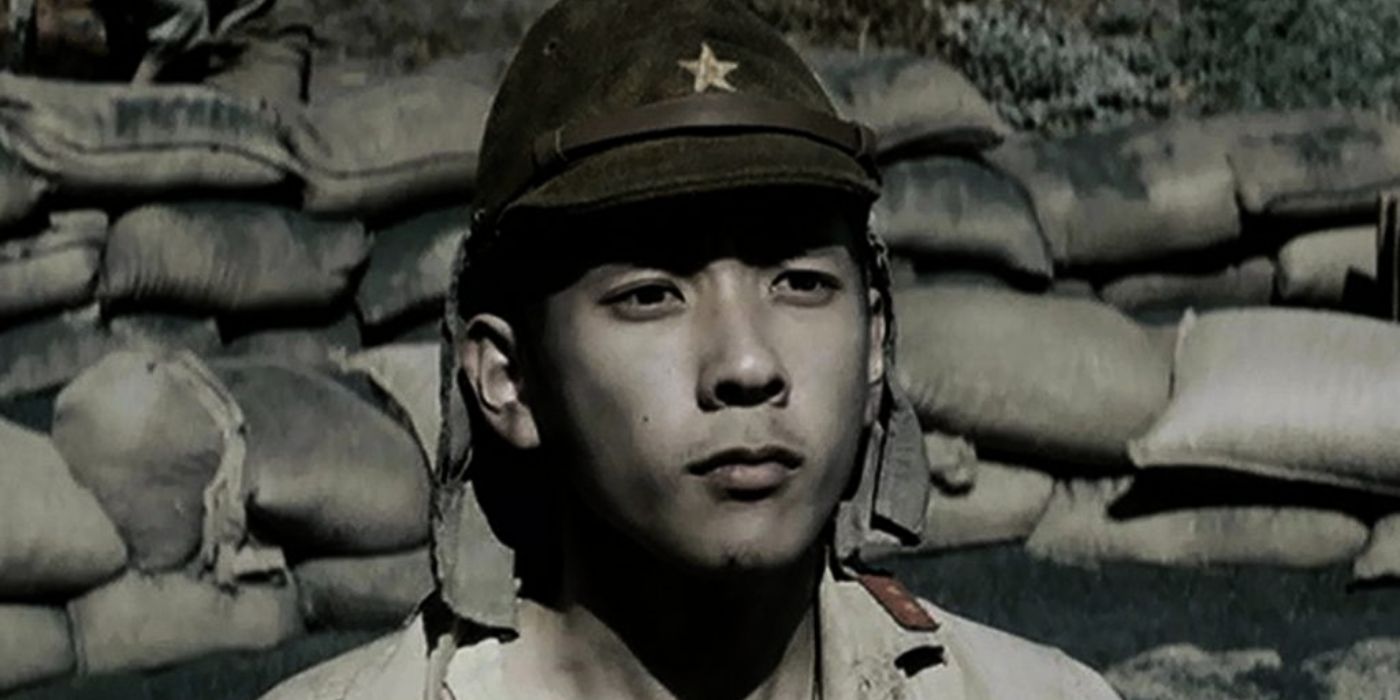
Letters From Iwo Jima follows Private Saigo (Kazunari Ninomiya), a young Japanese man who is conscripted into the Japanese army during World War II. The movie follows his horrifying experiences on the island of Iwo Jima during the war. This movie accompanies Flags of Our Fathers, which follows the American perspective of this same battle. Letters From Iwo Jima provides a necessary perspective on a battle that was so destructive to both American and Japanese forces.
What makes Letters From Iwo Jima one of the most important war movies ever made is that it presents a story primarily told through the eyes of an ordinary Japanese man conscripted into his country’s armed forces. The movie puts a human face on an entire nation that was considered America’s enemy during the war. Letters From Iwo Jima also captures how brutal Japanese forces were to their own people.
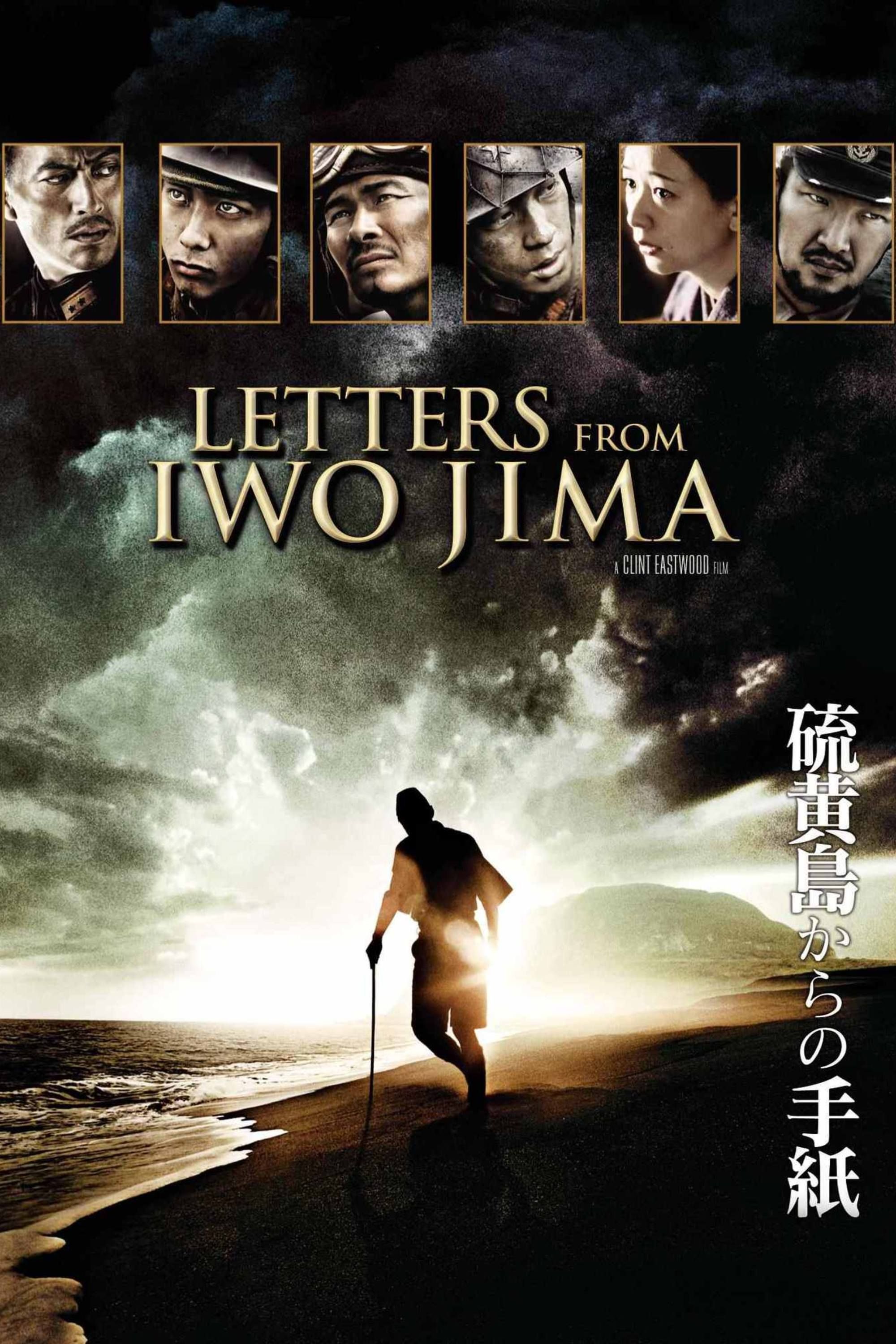
Letters from Iwo Jima
- Release Date
-
February 2, 2007
- Runtime
-
141 Minutes
-

-

Kazunari Ninomiya
General Tadamichi Kuribayashi
9
‘Das Boot’ (1981)
Directed by Wolfgang Petersen
.jpg)
Das Boot is an adaptation of Lothar-Günther Buchheim‘s semi-autobiographical novel of the same name. The movie follows the crew of a German U-boat patrolling the Atlantic during World War II. The movie is based on the semi-autobiographical account of author Lothar-Günther Buchheim, who wrote the book of the same name. Das Boot highlights the often mundane nature of war and presents characters who have become disillusioned with their role in the fight.
Das Boot is another important war movie that focuses on a country once considered an enemy of the United States. While the movie follows the experiences of those fighting during World War II, there’s a universality to this story about fighting a war that’s being lost. Through this submarine crew, viewers are invited to consider the fact that it is rarely as glorious as it’s often portrayed, and that many people who live through it are deeply conflicted about their role in these conflicts.
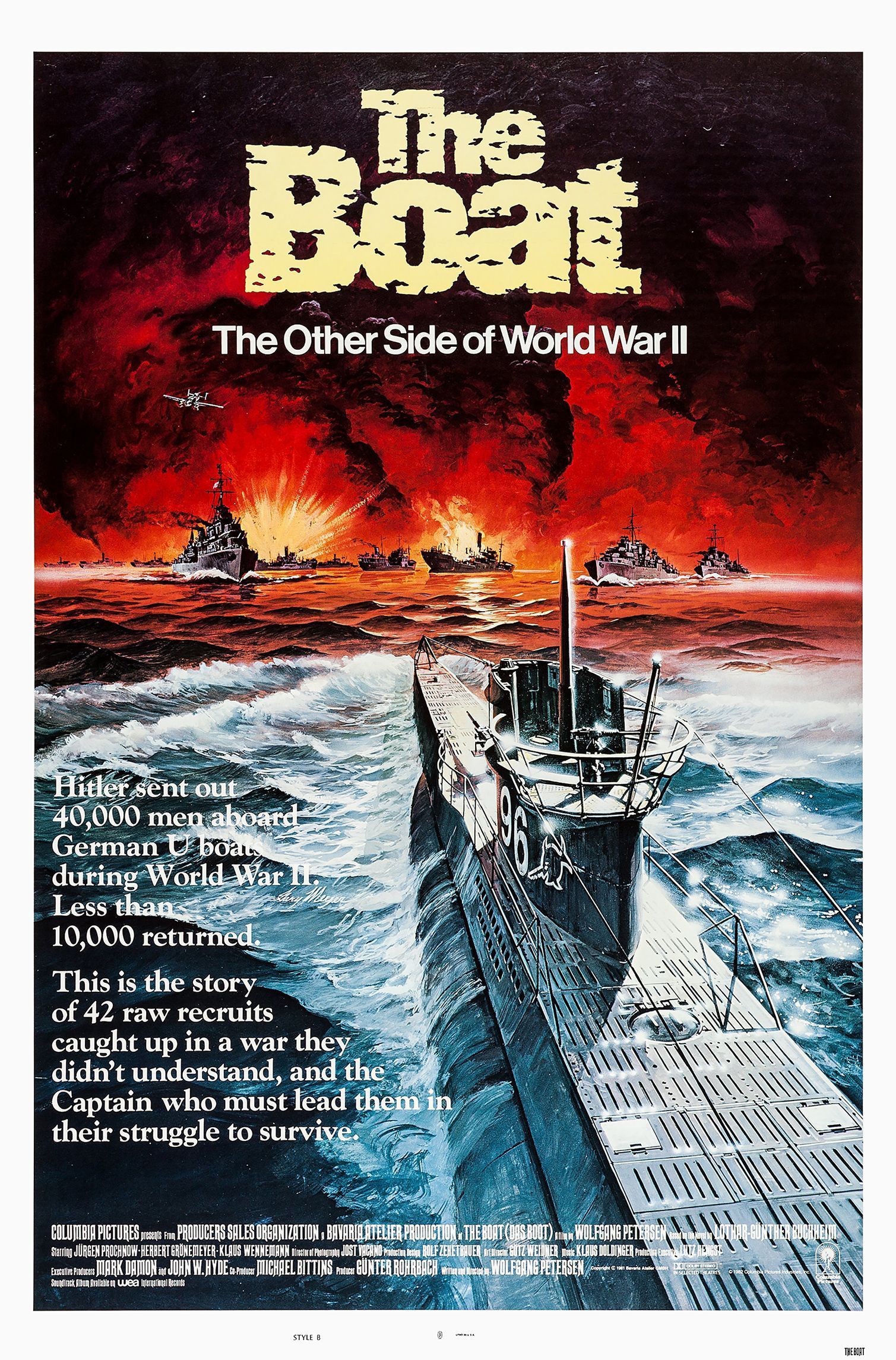
Das Boot
- Release Date
-
September 17, 1981
- Runtime
-
149 Minutes
8
‘Apocalypse Now’ (1979)
Directed by Francis Ford Coppola
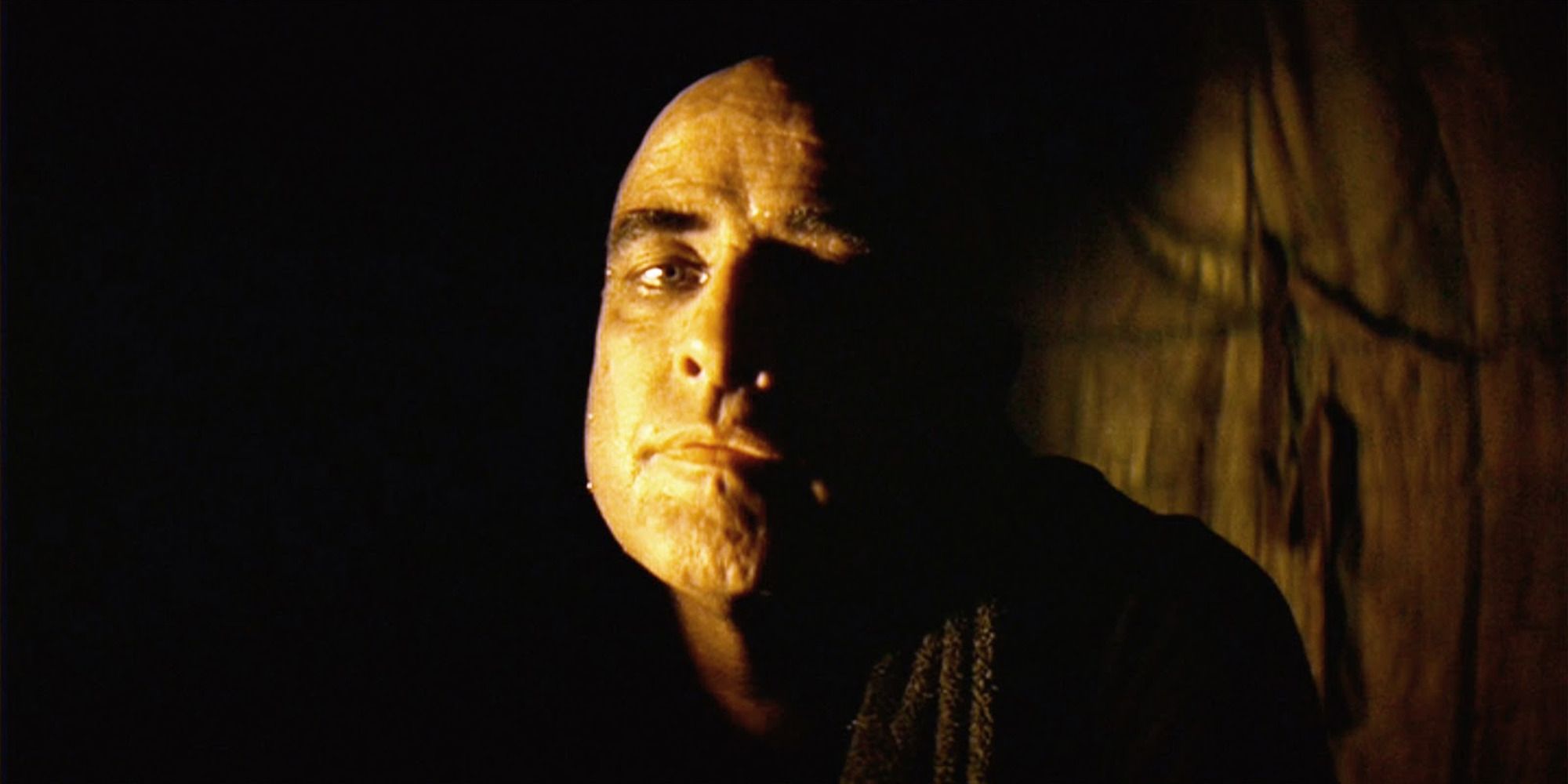
Apocalypse Now is a psychological drama that follows Captain Willard (Martin Sheen), an American officer who is tasked with tracking down and assassinating an American colonel, Colonel Kurtz (Marlon Brando). What follows is a haunting meditation on the Vietnam War from the American perspective. Apocalypse Now asks difficult questions, and presents one of the most compelling movie villains in history.
What makes Apocalypse Now such an important war movie is the fact that it is an exploration of America’s own perceptions of their involvement in the Vietnam War. Through Colonel Kurtz, viewers are invited to consider the fact that the brutality of war so often has long-lasting and irreversible effects on those who live through it. The movie explores the universal truth that war is always brutal, while specifically critiquing the American military.
7
‘The Big Parade’ (1925)
Directed by King Vidor
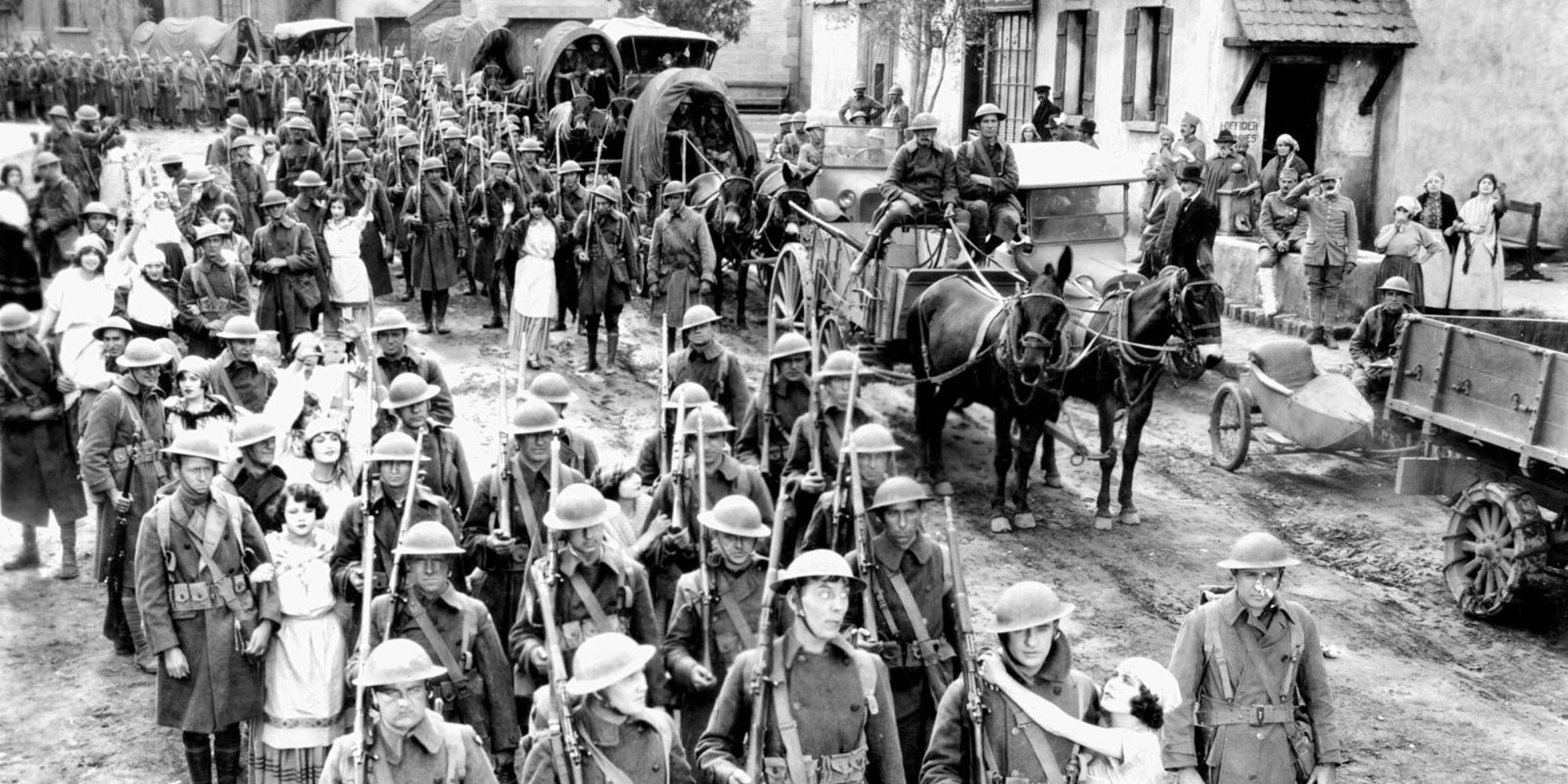
The Big Parade is a silent movie from 1925 that follows two childhood friends who experience the horrors of World War I. Set mainly in France, the movie specifically highlights the brutality of trench warfare. The Big Parade follows young American Jim Apperson (John Gilbert) who enlists in the American army during World War I, and is deployed to Europe. He meets and falls in love with a French woman, Melisande (Renée Adorée).
What makes The Big Parade such an important movie is that it provides a contemporary perspective of World War I from a European perspective. The fact that this movie was released in the period between World War I and World War II makes it a notable movie about this precarious moment in history. While The Big Parade is a movie about the American perspective of World War I, it highlights how destructive the war was in Europe.
Directed by Stanley Kubrick
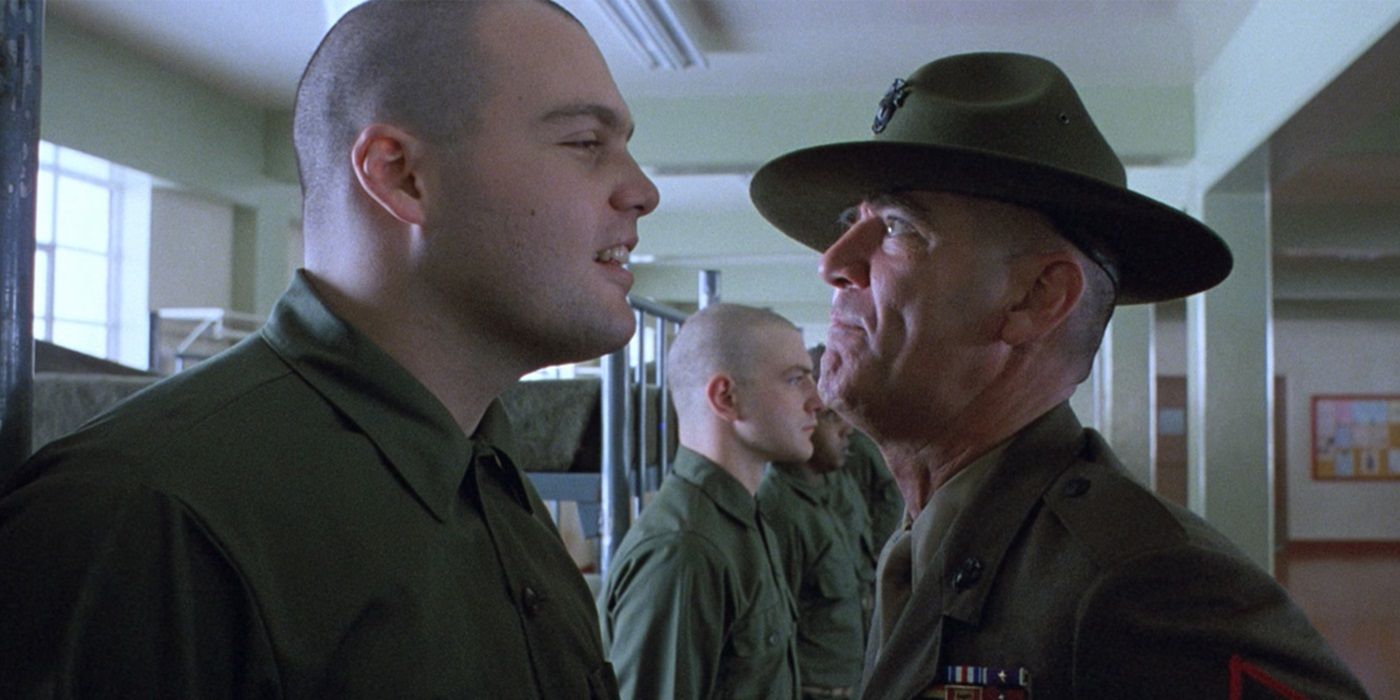
Full Metal Jacket is based on Gustav Hasford‘s autobiographical novel, “The Short-Timers”. The movie follows a group of American Marines through their experience at boot camp to their deployment during the Vietnam War. At boot camp, the Marines are terrorized by Gunnery Sergeant Hartman (R. Lee Ermey), who uses harsh methods to prepare them for their service. Full Metal Jacket is another movie that underlines the psychological impact of war.
Full Metal Jacket is another example of a movie that speaks to the American military experience, specifically the connection between boot camp and deployment. The movie spotlights the fact that the American experience during the Vietnam War was directly related to their experience in boot camp, and the fact that they were often primed under harsh conditions. Full Metal Jacket is an essential movie because it presents a more realistic picture of what fighting a war looks like, and how there’s no realistic way to prepare.
5
‘Paths of Glory’ (1957)
Directed by Stanley Kubrick
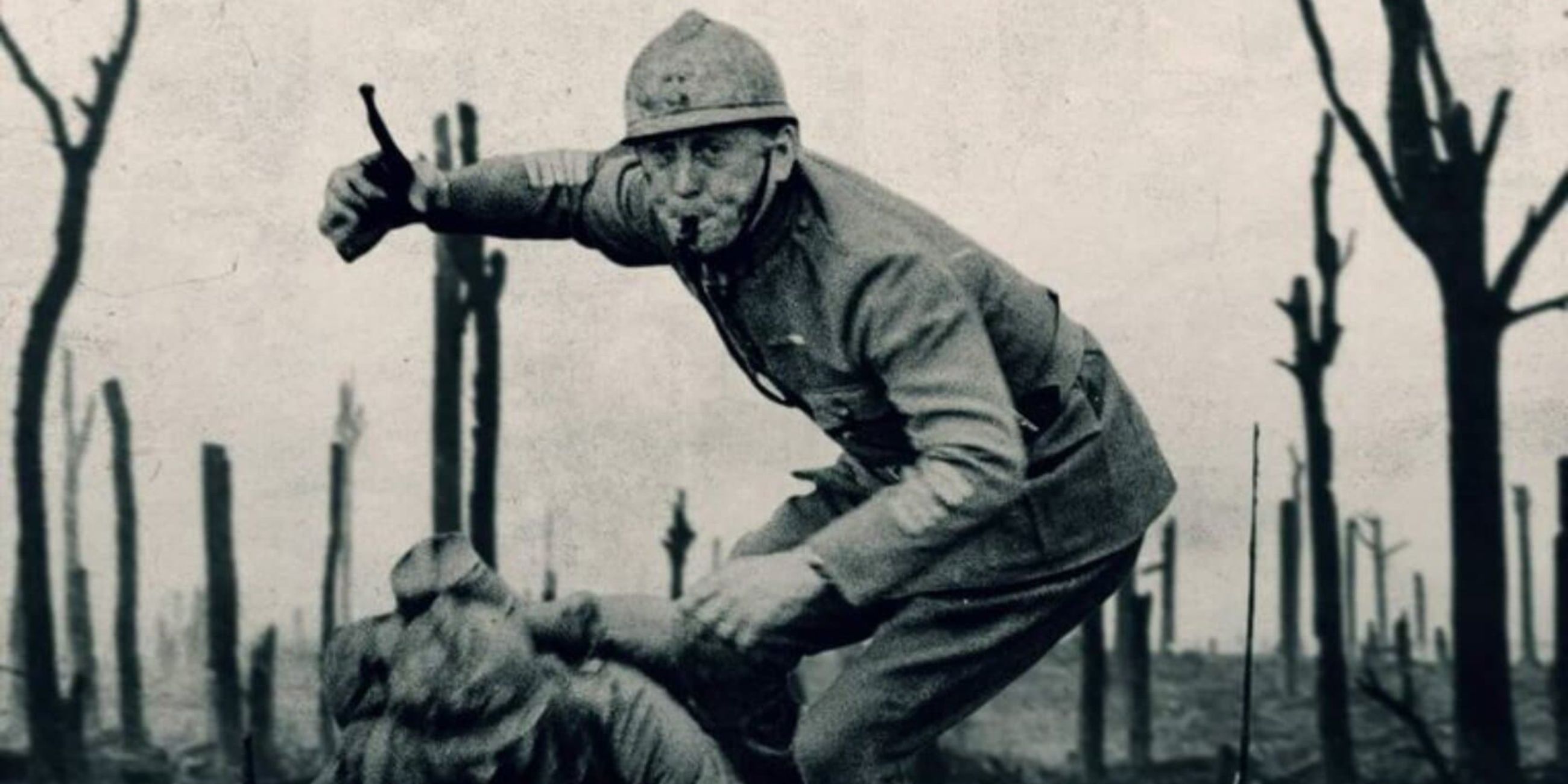
Another Stanley Kubrick special, Paths of Glory, features Kirk Douglas as Colonel Dax, a French officer tasked with planning a mission that is doomed to fail. Set during World War I, the story follows Dax as he has to face the consequences of choosing to go against his orders and defend the soldiers under his command, who are accused of cowardice. The movie is an adaptation of the novel of the same name by Humphrey Cobb.
What makes Paths of Glory such an important war movie is the fact that it’s another example of a story that is set in World War I, but explores universal themes about the nature of war. In particular, this movie is an important exploration of how there are those who take advantage of the chaos of war to advance their own agendas. Paths of Glory is also an important story since it highlights the dangers of poor leadership, especially during times of war.
4
‘All Quiet on the Western Front’ (1930)
Directed by Lewis Milestone
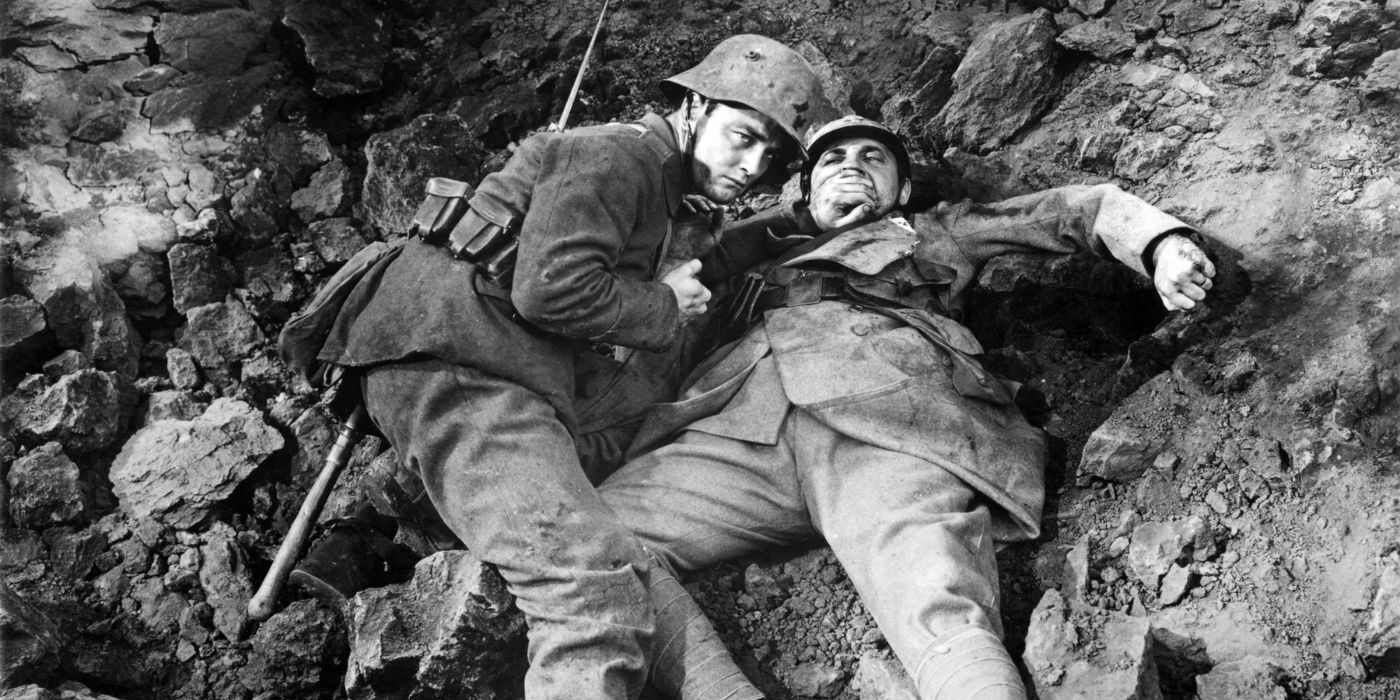
All Quiet on the Western Front is based on the classic German anti-war novel of the same name by Erich Maria Remarque. Like the novel, the movie introduces Paul Bäumer (Lew Ayres), a young German conscripted into the Imperial German Army. Paul is initially deeply idealistic and eager to live out his patriotic values before quickly being confronted with the reality of war. This is a tragedy that highlights how devastating war has always been.
As an adaptation of one of the most important Western novels of the century, All Quiet on the Western Front succeeds in capturing the anti-war sentiments of the source material. While the novel has been adapted three times, the original stands apart from the rest. This version of the story is an essential one, since it was released close to the novel’s publication. Relatedly, the fact that this movie was released between World War I and World War II gives it a particularly devastating feel.
3
‘Ran’ (1985)
Directed by Akira Kurosawa
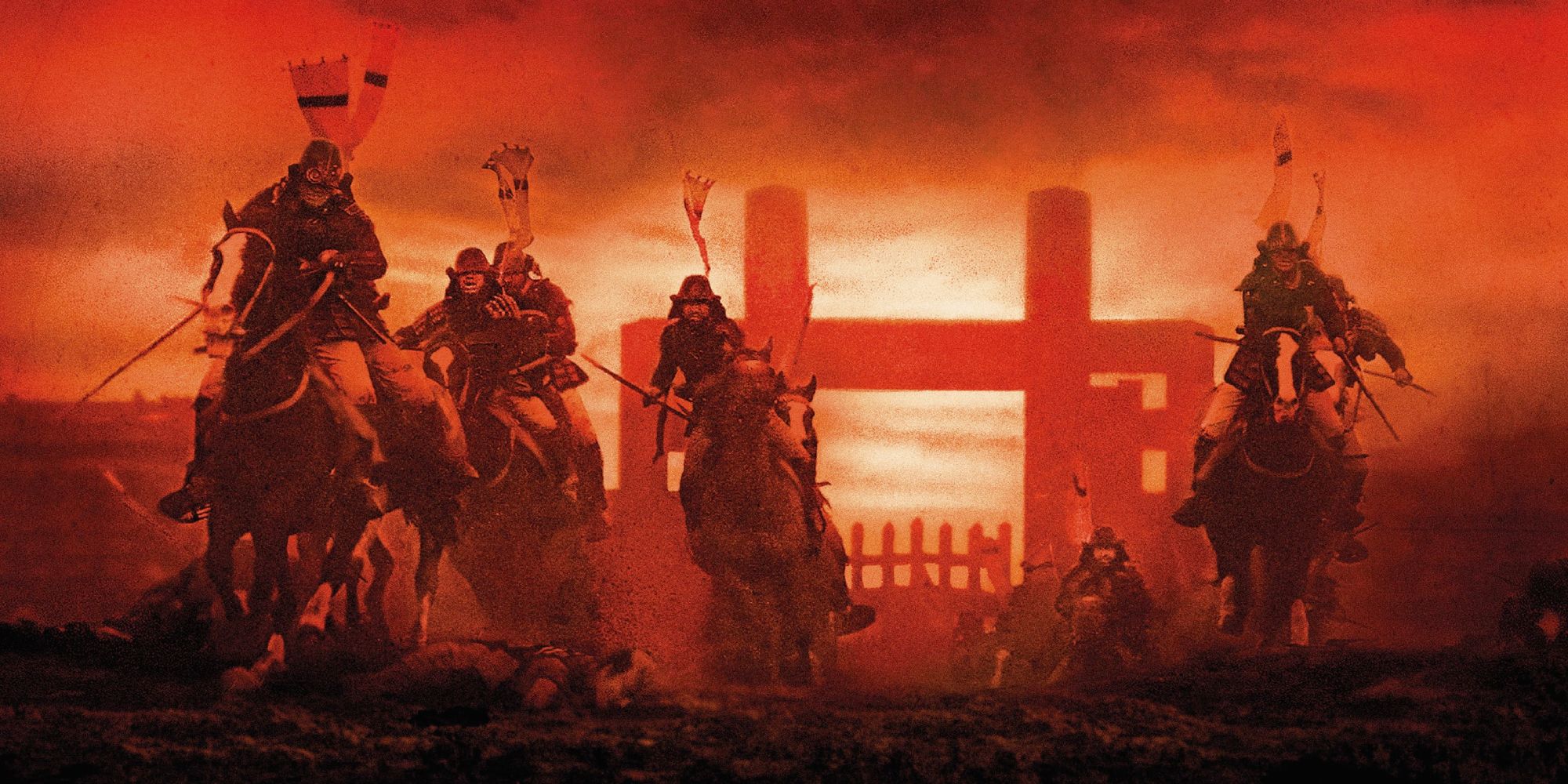
Ran is a Japanese war movie that is an adaptation of Shakespeare‘s King Lear. The movie is a historical epic that takes place during the Sengoku period. The story follows Hidetora Ichimonji (Tatsuya Nakadai), an aging warlord who has decided to abdicate his position as leader in favor of one of his three sons. The movie presents this family saga against the backdrop of a war that puts Ichimonji and those he leads to the test.
While Ran is a family drama at its core, it’s also an important war movie because it showcases the personal stakes that have always come out during times of conflict. This movie is also an important war movie since it was one of the last by director Akira Kurosawa. Kurosawa demonstrated his ability to use the background of war to tell a compelling story about a family at a crossroads as they fight to defend their position.
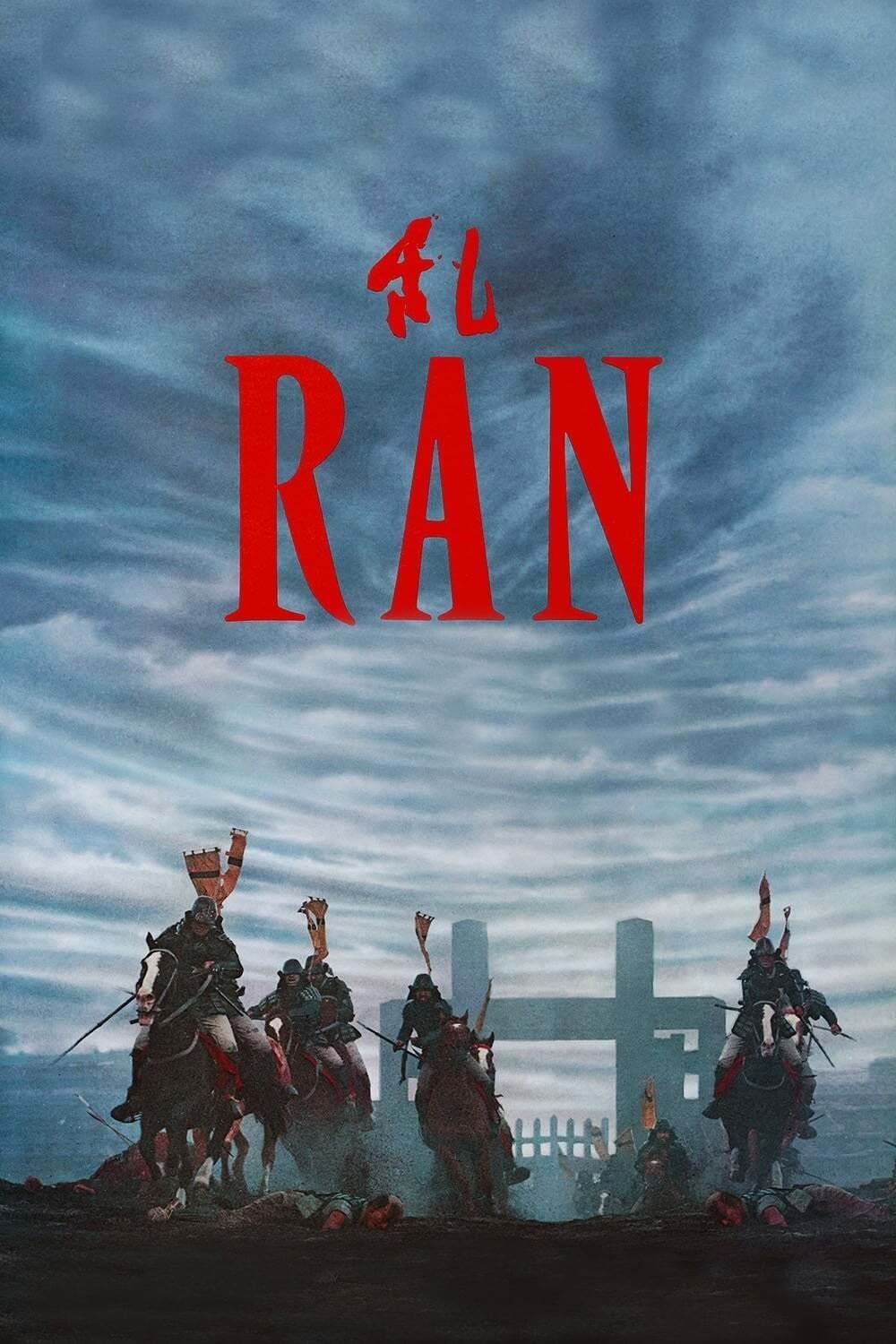
Ran
- Release Date
-
December 20, 1985
- Runtime
-
160 Minutes
-

Tatsuya Nakadai
Lord Hidetora Ichimonji
-

Akira Terao
Taro Takatora Ichimonji
2
‘Come and See’ (1985)
Directed by Elem Klimov
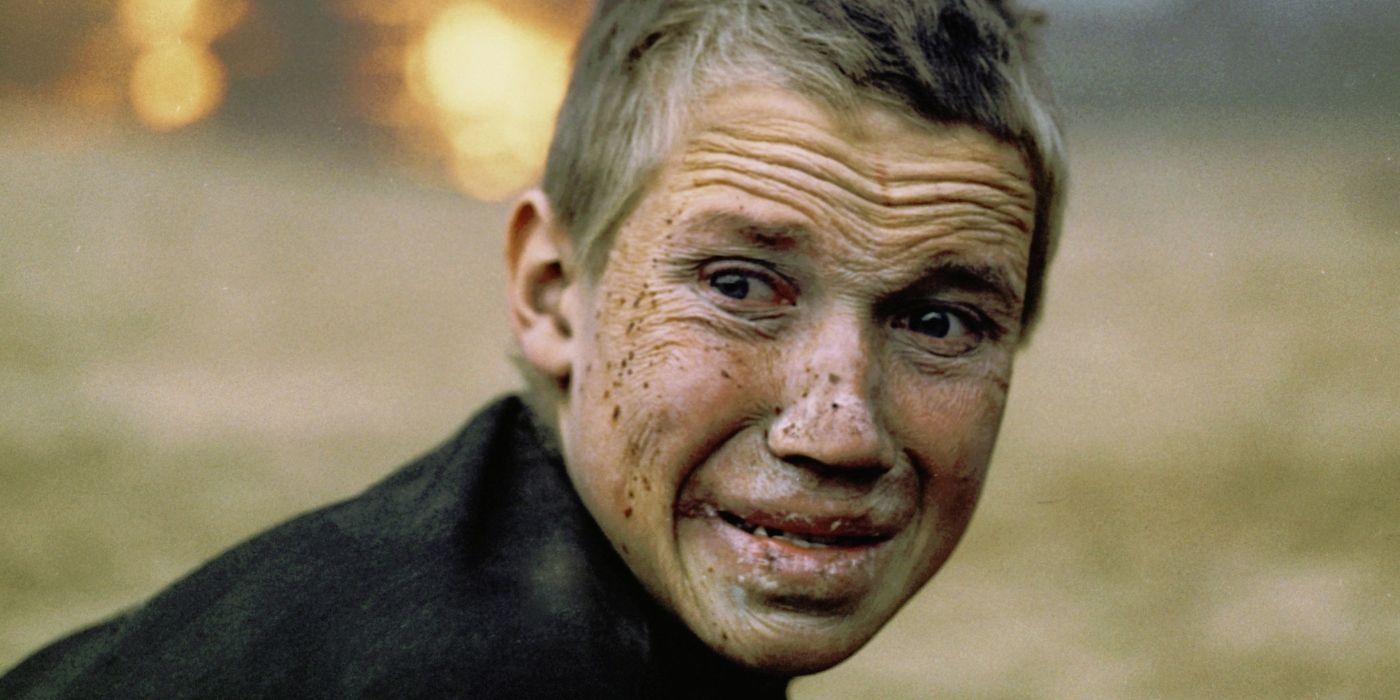
Come and See is a Soviet war movie that chronicles the German invasion of Byelorussa during World War II. The story is told from the perspective of Flyora Gaishun (Aleksei Kravchenko), a young man who finds himself conscripted by partisans to fight against the invading German forces. Come and See highlights the damage that war causes anyone who finds themselves in the middle of it, both physically and mentally.
Come and See is one of the most brutal war movies, and is an unflinching look at the psychological devastation war causes. Rather than romanticizing those who fight for causes they believe in, the movie highlights that witnessing the horrors of war will fundamentally change anyone. Come and See is an important story that portrays just how horrifying so much of the fighting on the Eastern Front was during World War II.
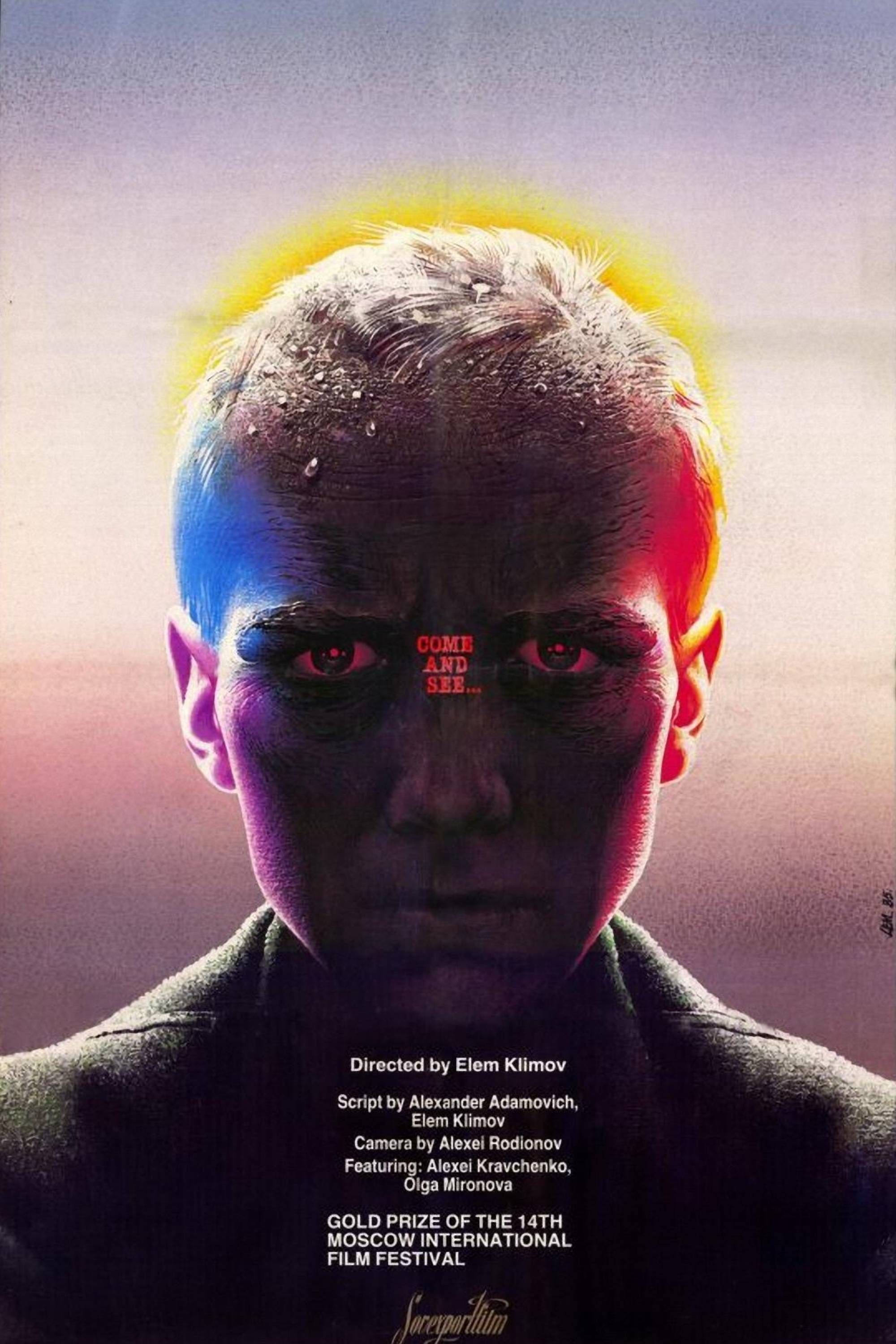
Come And See
- Release Date
-
October 17, 1985
- Runtime
-
142 Minutes
1
‘Saving Private Ryan’ (1998)
Directed by Steven Spielberg
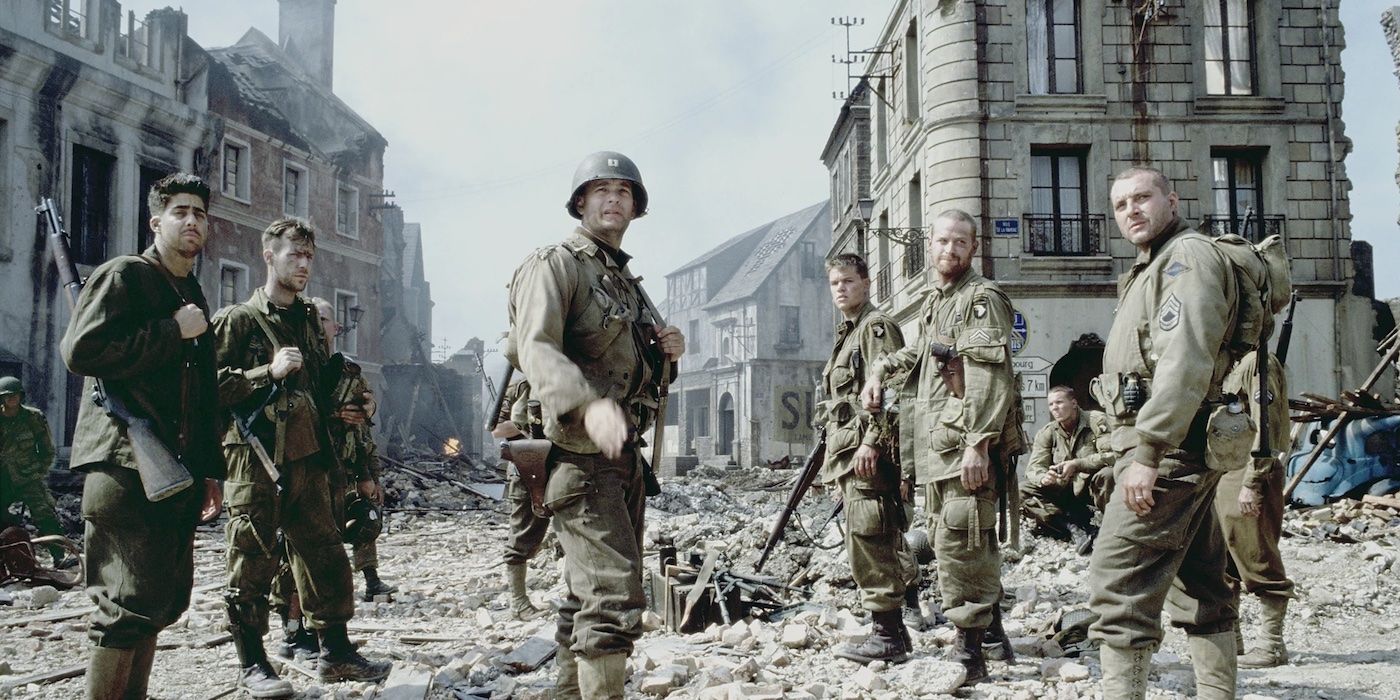
Saving Private Ryan is an American war movie that tells a fictional story set during World War II. The movie follows Captain John Miller (Tom Hanks), who is tasked with leading a group of soldiers to find a young American serviceman who has gone missing. While capturing the devastating nature of some of the worst fighting on the Western Front of World War II, the movie also explores the qualities that ultimately served American troops fighting for freedom in Europe.
What makes Saving Private Ryan one of the most necessary movies about war is that it highlights how Americans see their best qualities as embodied by their war veterans. The movie is a philosophical meditation on how Americans saw their role in World War II, and what they considered worth fighting and sacrificing for. Saving Private Ryan is also an inspiring story about soldiers overcoming their differences to accomplish a common goal.
NEXT: The 25 Best Disaster Movies of All Time, Ranked

